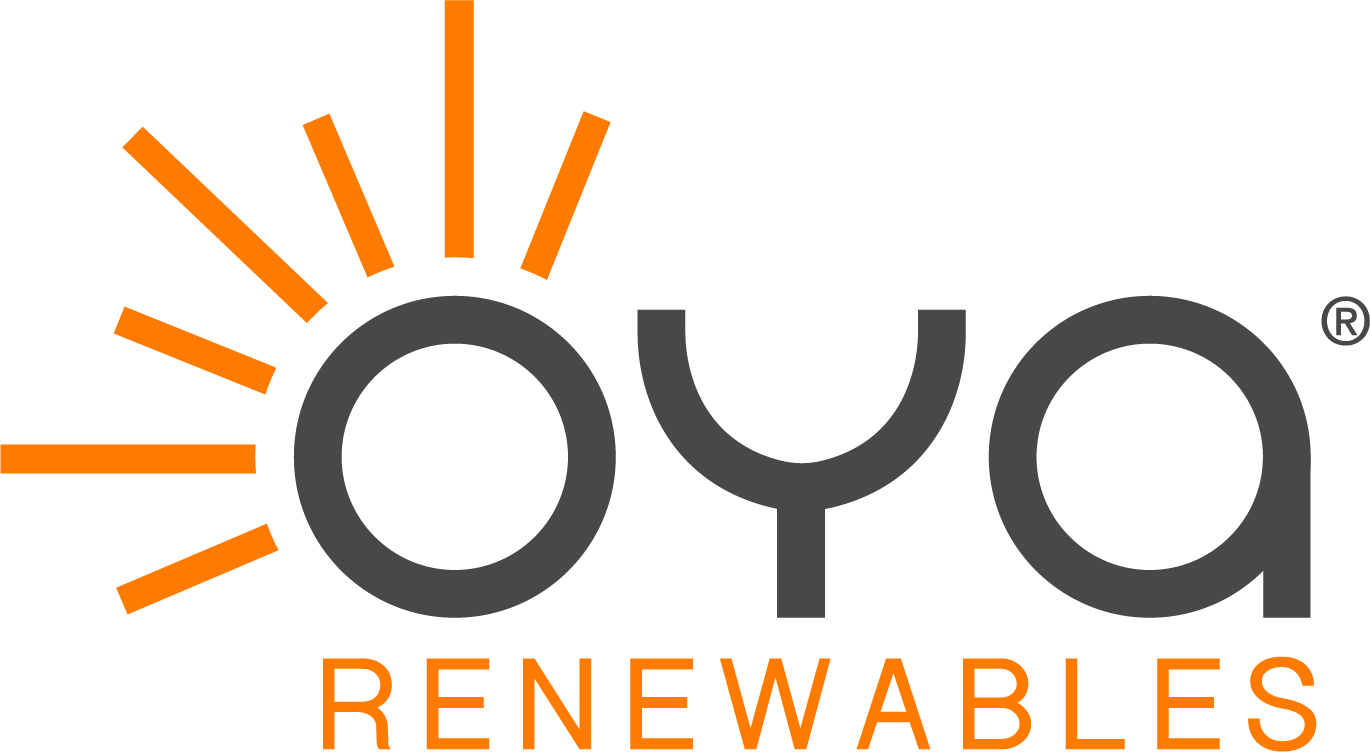Will leasing my land affect my property value?
One common concern among landowners is the impact of leasing their land for solar on their property value. While it’s essential to consider the potential effects, studies have shown that solar land leases generally do not negatively affect property values. In fact, the additional income generated from leasing can contribute positively to a landowner’s overall financial position.
